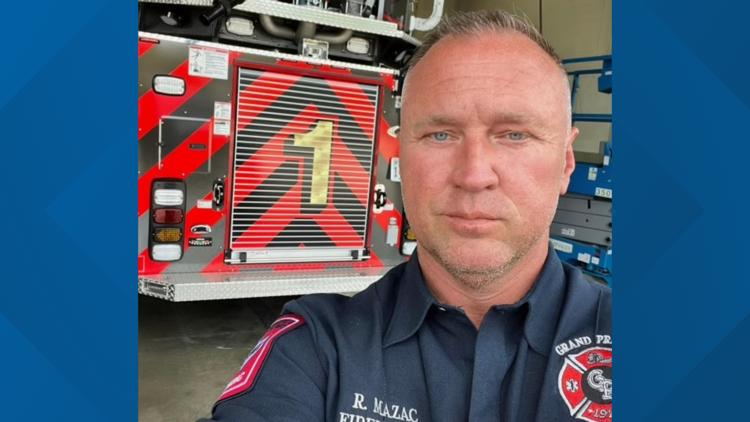GRAND PRAIRIE, Texas — When Robert Mazac started as a firefighter, he was in it for the long haul. "It's all I've ever known since I was 19 years old," said Mazac. "I firmly believe this is what I was put on this Earth to do.
" He's been a firefighter for nearly 30 years and worked for the Grand Prairie Fire Department for 25 of those years. Mazac said his life traumatically changed in December 2020 during the COVID-19 pandemic . "We responded to hundreds if not thousands of COVID-infected people," Mazac said.

In mid-December, he recalls more than a dozen members at his fire station who were diagnosed with the coronavirus. While his coworkers healed, Mazac ended up with pneumonia for six weeks. "The shortness of breath never went away," he said.
According to the Centers for Disease Control and Prevention , long COVID is a chronic condition that occurs after SARS-CoV-2 infection. In Mazac's case, he's faced long COVID symptoms for more than three years. Now in July 2024, Mazac said his lungs are only functioning at 70%.
"I can't even walk up a flight of stairs without being short of breath, much less run. Some mornings, I get short of breath just getting dressed." Mazac has been a part of UT Southwestern's Long COVID study.
He's gone to countless doctor's appointments in this time, and he's dealt with the headache of paperwork for worker's compensation. "The doctors told me no, I won't ever be able to wear an air pack or function at that capacity," Mazac said. "That's a hard .























